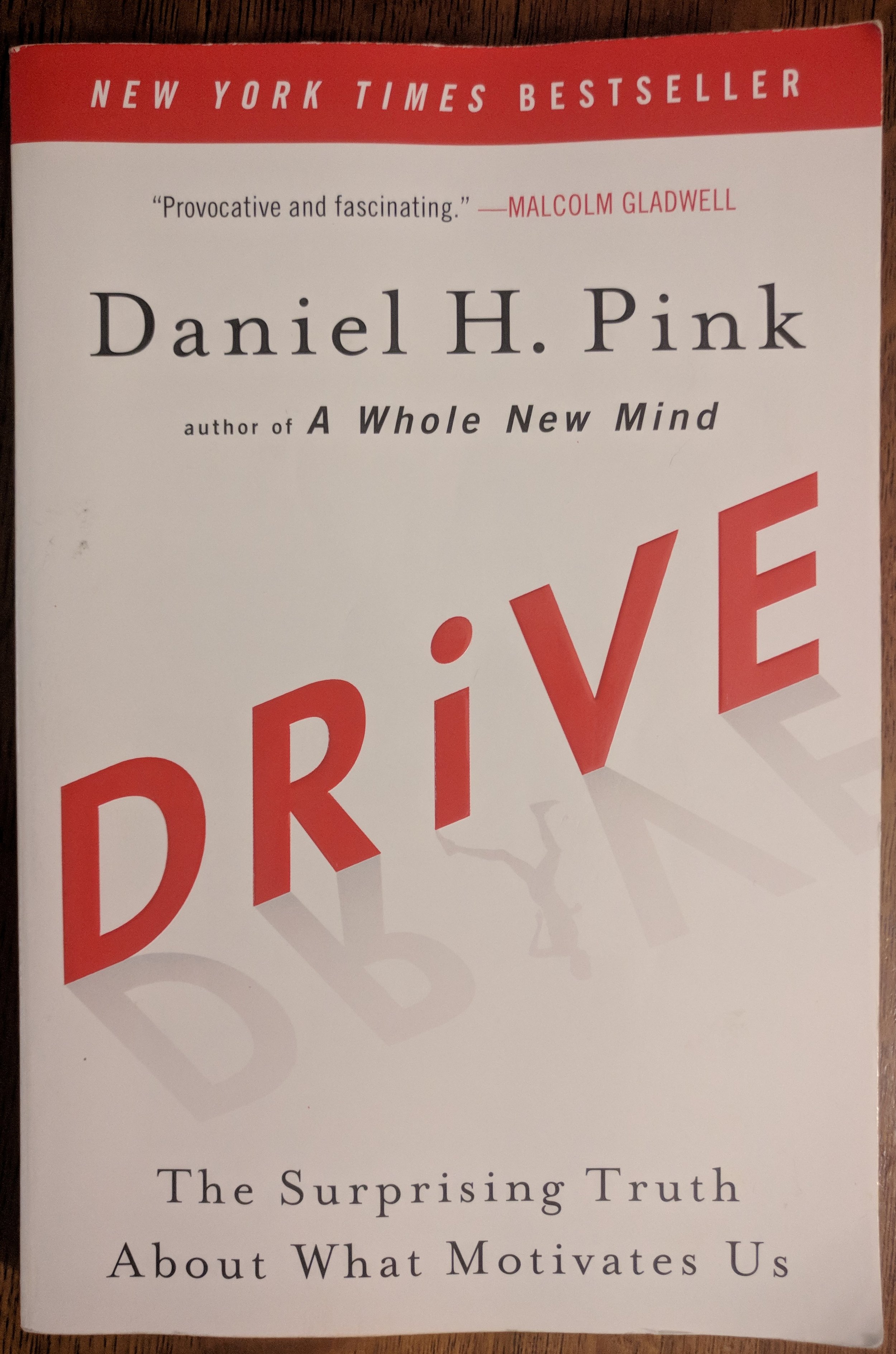In last week’s post, I mentioned that the ongoing theme for these articles is about, “successful enterprise solutions”. I thought it would be a good idea to describe the intent of this phrase. As with the word “success”, the phrase “enterprise solutions” can have a variety of meanings. For the foreseeable future, I will be using, “successful enterprise solutions” as any solution (human, mechanical, technological, or otherwise) which can be implemented in an enterprise (private, public, government, or even volunteer run) to further the success of that enterprise and the people who thrive in their workplace.
As these article progress, there will be interviews with individuals who have experienced success at a variety of levels. I will strive to have conversations with business owners, executive level leadership, project manager, subject matter experts, and more. I have been privileged to hear and partake in many conversations where people have reflected on success in the workplace. Most of those who have the greatest success are those who love. They love what they do, who they are, where they live, their role in the organization, and mostly the cohorts with whom they work shoulder-to-shoulder. They will come from a variety of functions within an organization. Many love the people they are responsible to manage, others love the feeling of success when accomplishing the difficult tasks, most strive for excellence and want to share their passion with those around them.
The reader may find that these articles are focused on successful enterprise solutions, but the success is mostly a result of the people who are working the solutions and making them better every day. Success is not necessarily about automation, although automation may certainly help. Success will never be perfection, if perfection is the goal the outcome will likely be one of two possibilities:
1) If one perceives that perfection is obtained, they stop striving to get better
2) Once one observes that perfection is unobtainable, they will lose drive and determination
Successful enterprise solutions are mostly found in organizations that strive for excellence and are primarily motivated by compassion and love for those who work there.
I hope that the reader is not “hearing” what I am not saying. A successful enterprise should seek out solutions that drive labor efficiency, promote creative genius, pursue increased market share, and add to their bottom line. All organizations should be focused on properly stewarding the resources at hand. Privately held, or publicly traded companies should strive to be profitable. If a company can help raise the standard of living for all of those employed there, or find a way to prevent layoffs during an economic downturn, these actions go a long way in showing the loving care that ownership and/or the executive team has for those who share their vision.
There are a lot of great organizations, large and small. I hope to highlight, encourage, and motivate those who would read these articles. My goal is to show the authentic struggles and triumphs in the lives of those who provide, implement, direct, manage, or in any other capacity currently work with successful enterprise solutions.
Footnote:
To follow the author on LinkedIn - https://www.linkedin.com/in/toddrthomsen/
For more information on the GSI where Todd is a Sr. Client Success Manager - https://www.getgsi.com/










